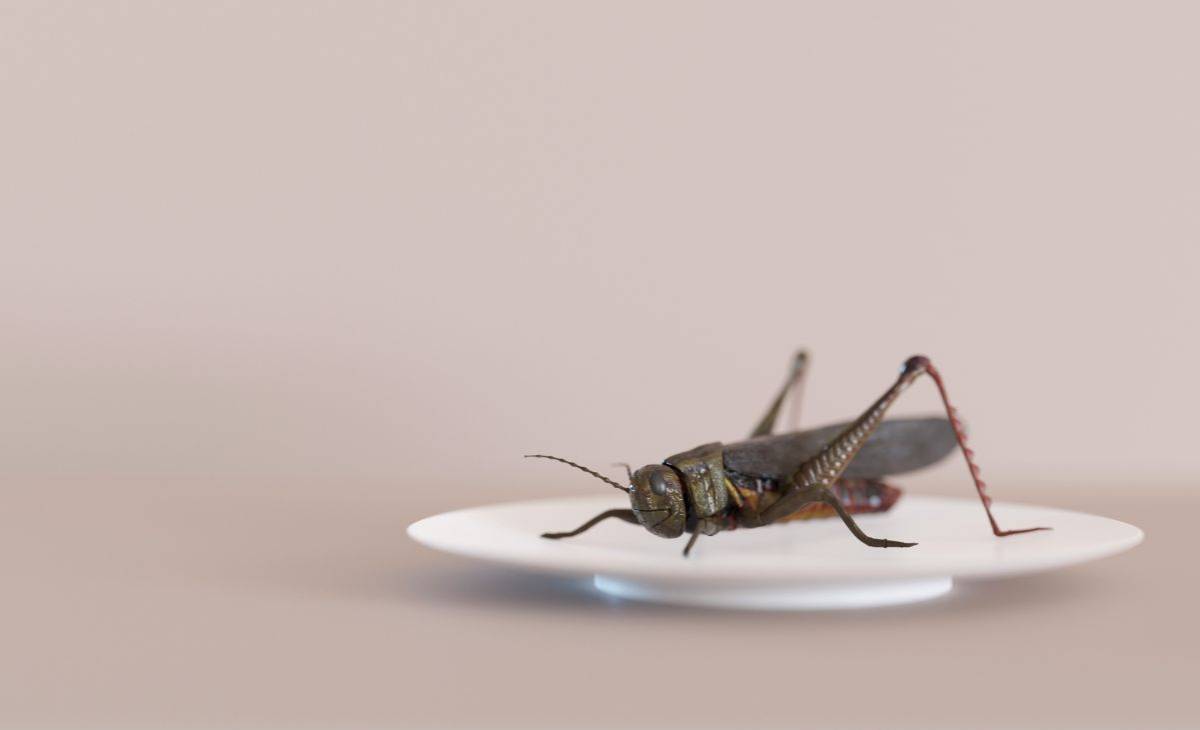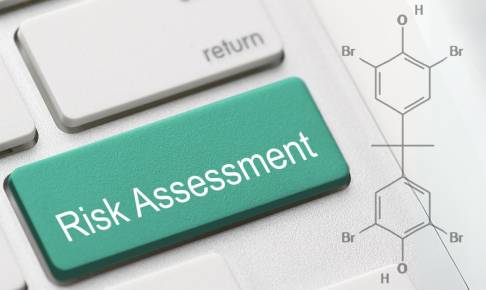New study exposes safety concerns and potential fraud in edible insect supply chain
In a new study recently published in NPJ Science of Food, researchers have raised concerns about potential safety risks and fraudulent activities within the supply chain of edible insects. With the increasing interest in insects as a sustainable source of protein, this study highlights the need for rigorous safety measures and regulatory oversight to ensure the viability and integrity of the edible insect market in Western countries.
While insects have long been consumed as a regular part of diets in many Asian and African countries, Western nations have only recently started exploring the potential of incorporating insects into their food culture as a sustainable protein source. However, as the popularity of this alternative food option grows, so do concerns about the environmental sustainability and safety of large-scale insect farming. Scaling up production, navigating regulatory hurdles, and addressing consumer reservations present complex challenges for integrating insects into Western diets.
To address these critical knowledge gaps, researchers meticulously examined the supply chain of edible insects, drawing insights from existing literature, food fraud data, and interviews with industry experts in the European Union.
One significant area of concern identified along the supply chain lies in the feed substrates used for rearing insects. These substrates can potentially harbor microbes and chemical contaminants, raising questions about the safety of using food and feed waste as insect feed. This highlights the pressing need for robust monitoring systems and stringent regulatory measures to mitigate these risks.
In addition to microbial and chemical risks, edible insects also present allergenic concerns, especially for individuals with allergies to shellfish/crustaceans and dust mites. The similarity of tropomyosin epitopes among arthropods underscores the importance of further research into allergenicity and the impact of processing techniques on the potency of allergens present in edible insects.
The study also explores the susceptibility of the edible insect supply chain to counterfeit activities. The combination of the high market value of insect proteins and the increasing consumer demand creates opportunities for fraudulent practices. This not only compromises consumer safety but also undermines the integrity of the industry.
As the demand for alternative protein sources continues to rise, it is crucial to address these safety concerns and combat fraudulent practices within the edible insect supply chain. Strict regulatory oversight, comprehensive testing for contaminants and allergens, and the development of standardized measurement techniques are imperative to build consumer trust and ensure the sustainable growth of the edible insect industry. With further research and collaboration between stakeholders, the potential benefits of edible insects as a viable protein source can be harnessed while prioritizing food safety and consumer well-being.
Source:






















